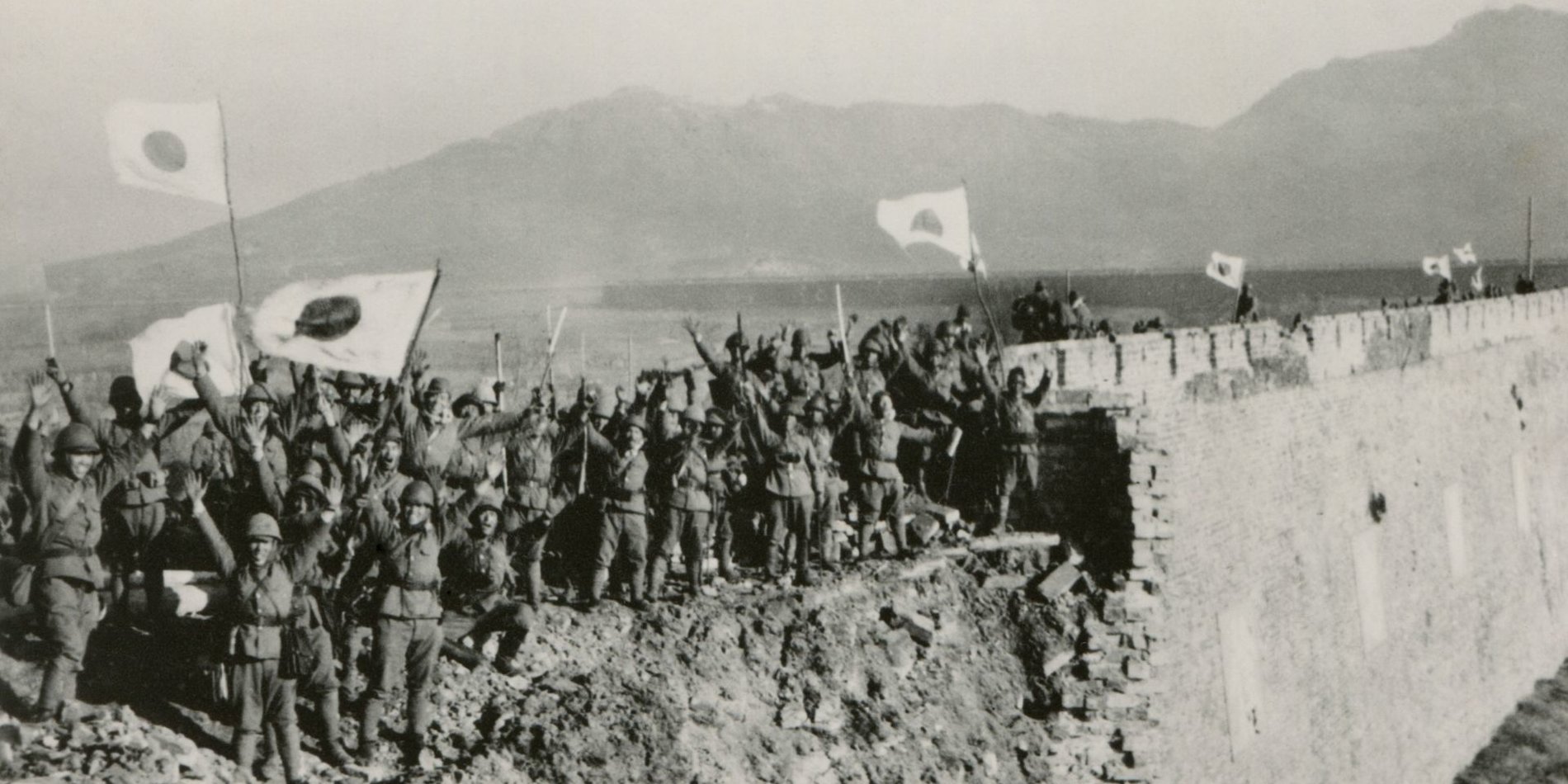General Education Requirements
Course Description
This course will explore the history of World War II in Asia. Moving beyond a narrow focus on the war as a U.S.-Japanese conflict, we will take a trans-Asian approach to study social, cultural, military, and political aspects of the war and its consequences in shaping "postwar" Asia and global politics. Themes will include empires and imperialism, trade and treaties, nations and civil wars, parades and propaganda, race and migration, wartime capitalism and consumption, food and everyday life, war crimes and tribunals, and memory and reparations. Diverse visual and textual sources, including films, documentaries, and memoirs, will be introduced to understand and analyze weekly themes and topics.
Meet the Instructor: Yumi Moon

“I am a historian of modern Korea with research interests in colonialism, empire, and the United States' involvement in Asia. My first book studies Pan-Asianism, religion, and reform in East Asia at the turn of the twentieth century, and traces the complex story of Korean collaborators who supported Japanese colonialism before and after the Russo-Japanese War. I am currently writing a book on the imperial shift on the Korean peninsula, from the wartime Japanese empire to the military occupations by the United States and the Soviet Union, and the formation of post-colonial Korean states. In my research for this book, I have come to realize the crucial role of the Second World War in Asia's post-colonial transition and the outbreak of subsequent wars and revolutions in Korea and Vietnam. In this course, I would like students to explore and understand how the Second World War changed Asia and shaped its postwar trajectories.”




